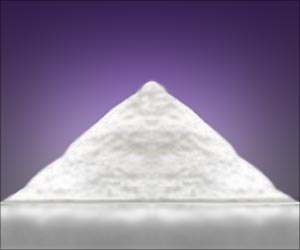Producing ornamental plants more efficiently with reduced water usage is the aim of the floriculture industry, as water becomes scarcer in arid and semiarid regions across the globe.

Deficit irrigation, which involves application of water at a rate and volume lower than the evapotranspiration rate throughout the whole growth period, can improve the quality of potted ornamentals. The authors added that the level and duration of water stress imposed in each species and/or cultivar are also critical. "Determining which varieties of ornamental plants have the ability to withstand soil water deficits is essential for sustainable production in this industry," they noted.
The team from University of Naples Federico II, studied the effects of three irrigation treatments (full or deficit irrigation) on three potted Bougainvillea varieties trained to two canopy shapes (globe and pyramid). Their results showed that irrespective of genotypes and shapes, the water deficit decreased the plant growth parameters and adversely affected leaf mineral composition and water status, but improved the number of flowers and flower index of Bougainvillea. "Reductions of 75% of the water applied, or severe deficit irrigation, significantly reduced growth of potted Bougainvillea but increased the water use efficiency, whereas moderate deficit irrigation (reductions of 50%) slightly decreased the agronomical traits but improved the ornamental quality and the water use efficiency, indicating that Bougainvillea could be considered a tolerant ornamental species," the researchers said. "The moderate deficit irrigation treatment can be used successfully in Bougainvillea to reduce water consumption while improving the overall quality."
"Our results also indicated that the agronomical traits and water use efficiency of Bougainvillea appear to be strongly influenced by genetic factors and shape, suggesting that specific cultivars (e.g., B. glabra var. Sanderiana and B. ×buttiana 'Rosenka') and shapes could be selected as interesting genotypes and training system for ornamental and landscaping purposes under moderate and severe water deficit conditions."
Source-Eurekalert
 MEDINDIA
MEDINDIA




 Email
Email




